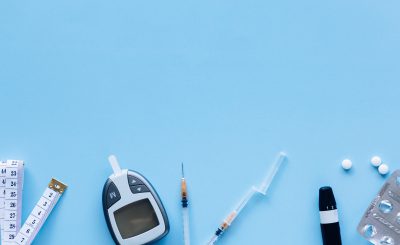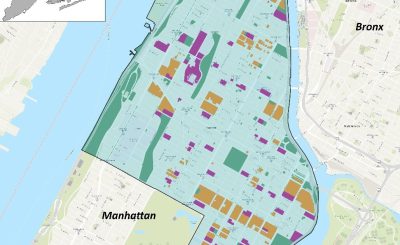By Dany Perez
Many people believe that after you conquer your battle with COVID-19 the only thing that is left behind are the antibodies that will care for you. However, studies have shown that COVID-19 has not fully run its course after you recover. You no longer will have the virus anymore but the harm it has inflicted in your body is possibly long lasting. Your cardiovascular health could be affected as a result of the virus. Researchers have been consistent with finding what happens after you have been exposed to COVID-19 and according to STATnews ,“two Studies from Germany paint a sobering picture of the toll that COVID-19 takes on the heart raising the specter of long term damage after people recover even if their illness was not severe enough to require hospitalization†The studies were performed to discover what COVID-19 leaves behind in those it infects.
Shockingly the results were not what the world wanted to hear. In the first experiment performed STATnews stated that doctors “examined the cardiac MRIs of one hundred people who had recovered from COVID-19 and compared them to heart images from 100 people who were similar but not infected with the virus. Their average age was 49 and two thirds of the patients had recovered at home. More than two months later infected patients were more likely to have troubling cardiac signs than people in the control group. Seventy-eight patients showed structural changes to their hearts, 76 had evidence of a biomarker signaling cardiac injury typically found after a heart attack, and 60 had signs of inflammation.†This gives us a better understanding in an experimental level to what it is
happening to our bodies after we contract this deadly virus.
People are already worried about the typical symptoms of COVID-19 such as shortness of breath, fever, and not having the ability being able to taste or smell. The media does an outstanding job of raising awareness of the possible symptoms of COVID-19 but are insufficient with informing the world how dangerous this virus in your life after you are recovered from it.
According to Dirk Westermann a cardiologist at the University of Heart and Vascular Centre in Hamburg Germany, in their second study they “analyzed autopsy results from thirty nine people who died early in the pandemic and whose age was eighty five, found high levels of the virus in the hearts of twenty four patients. We see signs of viral replication in those that are heavily infectedâ€. This statement by doctor Westermann helps strengthen the belief that there is something wrong going on well after one has seemingly recovered.
We should be worried about the long term effects in the same way that we are worried about the short term. These two studies make us ask ourselves how dangerous to society are these changes in the structures and inflammation of the heart, are we more likely to develop other symptoms because of this and how dangerous are these changes for us and what is being done to help how vulnerable are we to heart failures because of this issue. In the moment researchers are working at a high rate to figure out what is it from COVID-19 that causes the inflammation to the heart. Many people would think the implications to the heart can be because of the age or the health of the participants was not it’s best. Another study in JAMA Cardiology took those variables away. “Of twenty-six college athletes who tested positive for coronavirus, four later showed signs of inflammation in their hearts musclesâ€. This study connects with the study that was done in Hamburg Germany showing similar results with having professional athletes who have a higher health level than standard everyday people.
Heart inflammation is not a symptom that appears on everyone who contracts COVID-19 but there is a high chance that it can affect your heart not even if you are a professional athlete.






